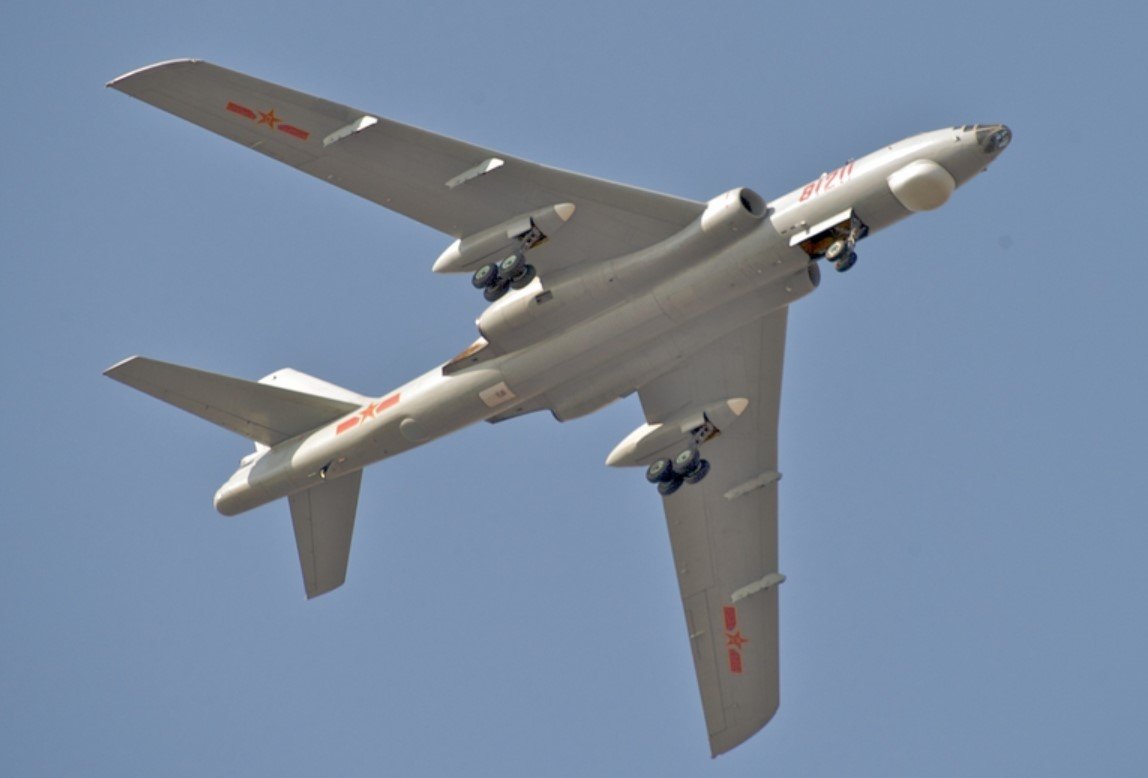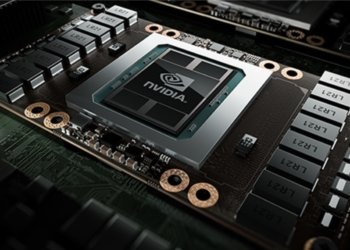In a significant move to bolster its defense capabilities, Taiwan’s Ministry of National Defense (MND) has announced plans to acquire nearly 1,000 AI-equipped drones this year. This initiative is part of a broader strategy to enhance the nation’s asymmetrical warfare capabilities amid rising military threats from China. The MND’s comprehensive plan includes collaboration with both the Chungshan Institute of Science and Technology and private contractors to develop advanced military and commercial drones.
Strengthening Asymmetrical Warfare Capabilities
Taiwan’s focus on asymmetrical warfare aims to counterbalance the heavy weaponry of Chinese forces with more agile and technologically advanced equipment. The acquisition of AI drones is a critical component of this strategy. These drones, equipped with features such as autonomous return, dynamic target tracking, and path planning flight, are designed to reduce operator load and improve operational efficiency. The MND’s budget assessment report highlights the importance of integrating AI and machine learning technologies into military operations to enhance combat readiness and resilience.

The development of these drones is not just limited to military applications. The MND is also working with private contractors to develop commercial drones for various uses, including surveillance and target acquisition. This dual-use approach ensures that Taiwan’s defense capabilities are robust and versatile, capable of responding to a wide range of threats and scenarios.
The Chungshan Institute of Science and Technology plays a pivotal role in this initiative, focusing on the research and development of medium and large-sized military drones. By leveraging the expertise of both military and civilian sectors, Taiwan aims to create a comprehensive defense ecosystem that can adapt to the evolving nature of modern warfare.
Integrating Civilian and Military Technologies
The MND’s strategy involves a significant collaboration between military and civilian technology sectors. This integration is crucial for developing innovative solutions that can enhance Taiwan’s defense capabilities. The establishment of a new military technology development unit, similar to the US Department of Defense’s Defense Innovation Unit, is a testament to this approach. This unit will combine the resources and capabilities of the Chungshan Institute and civilian-run technology firms to accelerate the development of next-generation defense technologies.
Minister of National Defense Wellington Koo has emphasized the importance of this collaboration in boosting Taiwan’s asymmetrical warfare capabilities. By investing in mature defense technologies and fostering innovation, Taiwan aims to maintain its strategic edge in the face of growing military threats from China. The new unit will focus on developing uncrewed aerial vehicles and ships, which are essential for maintaining Taiwan’s defense posture in the Taiwan Strait.
This collaborative approach also extends to the production and procurement of drones. The MND plans to acquire a diverse range of drones, including attack drones, surveillance drones, and miniature drones, from both domestic and international sources. This strategy ensures that Taiwan’s military is equipped with the latest technologies and can respond effectively to any potential threats.
Enhancing Operational Efficiency and Resilience
The integration of AI and machine learning technologies into Taiwan’s defense strategy is aimed at enhancing operational efficiency and resilience. The AI-equipped drones being developed and procured by the MND are designed to perform complex tasks with minimal human intervention. Features such as one-click takeoff, autonomous return, and dynamic target tracking reduce the workload on operators and minimize the risks associated with drone operations.
These technological advancements are crucial for maintaining Taiwan’s defense capabilities in the face of increasing military pressure from China. The MND’s focus on AI and machine learning technologies reflects a broader trend in modern warfare, where automation and advanced analytics play a critical role in decision-making and operational effectiveness.
The development of these technologies is also aligned with Taiwan’s broader defense strategy, which emphasizes the importance of resilience and adaptability. By investing in cutting-edge technologies and fostering collaboration between military and civilian sectors, Taiwan aims to build a defense ecosystem that can withstand and respond to a wide range of threats.



































